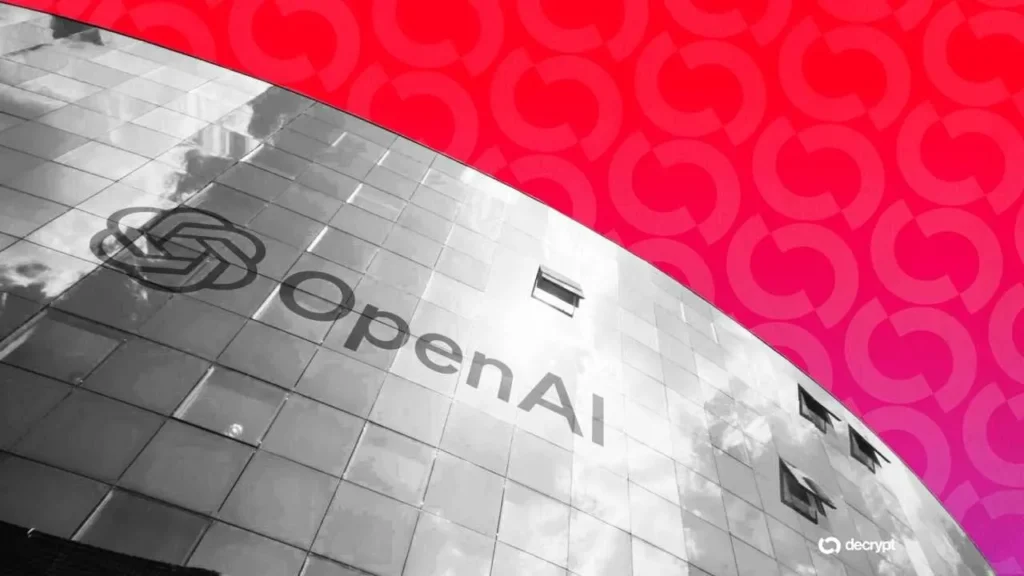Title: OpenAI’s Sora 2: Elevating Deepfake Technology with Command-Driven Fabrications, Study Reveals
In the realm of artificial intelligence and deep learning, OpenAI continues to make significant strides with its innovative technologies, each more impressive than the last. The latest breakthrough from this pioneering AI research lab is Sora 2, a powerful tool capable of creating highly convincing deepfakes from simple user commands. According to a recent analytical study published in the journal “Decrypt,” Sora 2 not only highlights the advancements in AI capabilities but also prompts a broader discussion on the ethical implications of such technology.
Deepfake technology, which involves the use of artificial intelligence to create or alter video and audio content to make it convincingly appear real, has been a subject of both awe and concern since its inception. With Sora 2, OpenAI has significantly enhanced the realism and accessibility of creating deepfakes, raising the bar for both content creation and potential misuse.
Key Features of Sora 2:
-
Command-Driven Artificial Intelligence: Sora 2 operates on a state-of-the-art command-driven system that allows users to input specific instructions, which the AI then uses to generate or modify audiovisual content. This feature simplifies the process of content creation, democratizing these capabilities but also possibly making misuse easier.
-
Improved Realism: The study in “Decrypt” shows that the deepfakes fabricated by Sora 2 are so convincing that they can easily bypass the common authenticity detection systems currently in use. This advancement questions the reliability of digital media, fundamentally challenging how we perceive and trust what we see and hear online.
- Speed and Efficiency: Sora 2 builds on the efficiencies of its predecessors by processing commands and outputting results at unprecedented speeds. This rapid generation capability facilitates not only creative and commercial applications but also has potential ramifications in spreading misinformation.
Ethical Considerations and Risks:
While the technological prowess of Sora 2 is unquestionable, it brings to the fore significant ethical considerations. The ease and realism of the deepfakes generated can serve as double-edged swords. On one hand, the entertainment industry, educators, and content creators can harness this tech for positive uses, such as historical reenactments, educational videos, and innovative storytelling. On the other hand, its potential for propagating deepfake news, impersonating individuals, or creating non-consensual imagery poses serious concerns.
The Verdict:
OpenAI’s dedication to advancing AI technology has always come with a commitment to discussing and mitigating the potential adverse impacts of its creations. With Sora 2, the organization treads familiar ground, again at the frontier of a potentially revolutionary yet contentious technology. As “Decrypt” suggests, this development necessitates stronger, smarter detection tools and robust legal frameworks to prevent misuse, alongside a societal discourse on the limits and controls of such technology.
Conclusion:
The release of Sora 2 by OpenAI marks a significant technological milestone in the field of AI-generated content. While it offers vast possibilities for creativity and innovation, it concurrently escalates the urgency for developing effective countermeasures to prevent unethical use. As AI continues to progress, the balance between embracing technological advancements and protecting societal norms and safety remains a critical ongoing dialogue.








